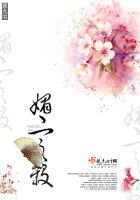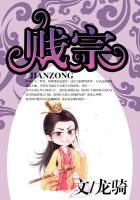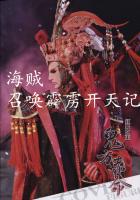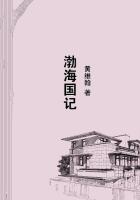Colonization followed the voyages of discovery. It was animated by the hope of finding gold and precious stones. It was carried on under great discouragements and hardships and unforeseen difficulties. As a general thing, the colonists were not accustomed to manual labor; they were adventurers and broken-down dependents on great families, who found restraint irksome and the drudgeries of their new life almost unendurable. Nor did they intend, at the outset, permanent settlements; they expected to accumulate gold and silver, and then return to their country. They had sought to improve their condition, and their condition became forlorn. They were exposed to sickness from malaria, poor food, and hardship; they were molested by the natives whom they constantly provoked; they were subject to cruel treatment on the part of royal governors. They melted away wherever they settled, by famine, disease, and war, whether in South or North America.
They were discontented and disappointed, and not easily governed;the chieftains quarrelled with each other, and were disgraced by rapacity and cruelty. They did not find what they expected. They were lonely and desolate, and longed to return to the homes they had left, but were frequently without means to return,--doomed to remain where they were, and die. Colonization had no dignity until men went to the New World for religious liberty, or to work upon the soil. The conquest of Mexico and Peru, however, opened up the mining of gold and silver, which were finally found in great abundance. And when the richness of these countries in the precious metals was finally established, then a regular stream of emigrants flocked to the American shores. Gold was at last found, but not until thousands had miserably perished.
The mines of Mexico and Peru undoubtedly enriched Spain, and filled Europe with envy and emulation. A stream of gold flowed to the mother country, and the caravels which transported the treasures of the new world became objects of plunder to all nations hostile to Spain. The seas were full of pirates. Sir Francis Drake was an undoubted pirate, and returned, after his long voyage around the world, with immense treasure, which he had stolen. Then followed, with the eager search after gold and silver, a rapid demoralization in all maritime countries.
It would be interesting to show how the sudden accumulation of wealth by Spain led to luxury, arrogance, and idleness, followed by degeneracy and decay, since those virtues on which the strength of man is based are weakened by sudden wealth. Industry declined in proportion as Spain became enriched by the precious metals. But this inquiry is foreign to my object.
A still more interesting inquiry arises, how far the nations of Europe were really enriched by the rapid accumulation of gold and silver. The search for the precious metals may have stimulated commercial enterprise, but it is not so clear that it added to the substantial wealth of Europe, except so far as it promoted industry. Gold is not wealth; it is simply the exponent of wealth.
Real wealth is in farms and shops and ships,--in the various channels of industry, in the results of human labor. So far as the precious metals enter into useful manufactures, or into articles of beauty and taste, they are indeed inherently valuable. Mirrors, plate, jewelry, watches , gilded furniture, the adornments of the person, in an important sense, constitute wealth, since all nations value them, and will pay for them as they do for corn or oil. So far as they are connected with art, they are valuable in the same sense as statues and pictures, on which labor has been expended.
There is something useful, and even necessary, besides food and raiment and houses. The gold which ornamented Solomon's temple, or the Minerva of Phidias, or the garments of Leo X., had a value.
The ring which is a present to brides is a part of a marriage ceremony. The golden watch, which never tarnishes, is more valuable inherently than a pewter one, because it remains beautiful. Thus when gold enters into ornaments deemed indispensable, or into manufactures which are needed, it has an inherent value,--it is wealth.















